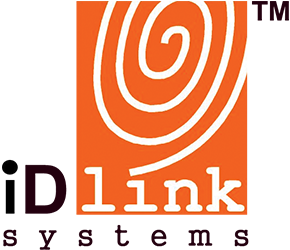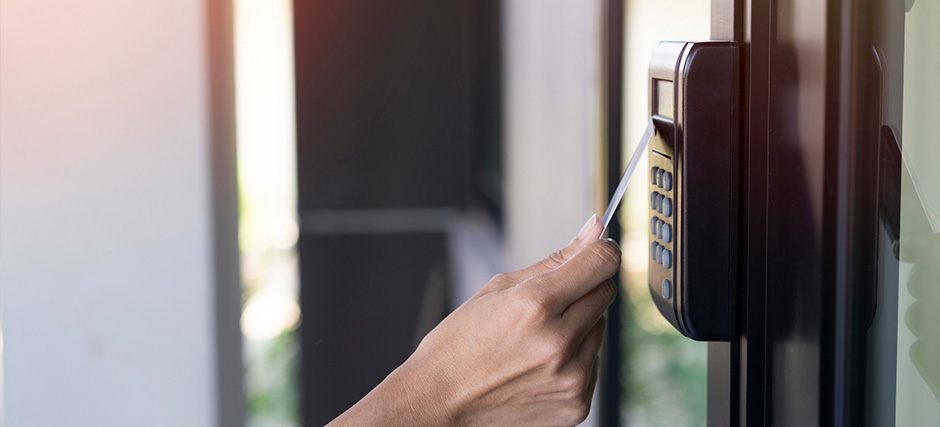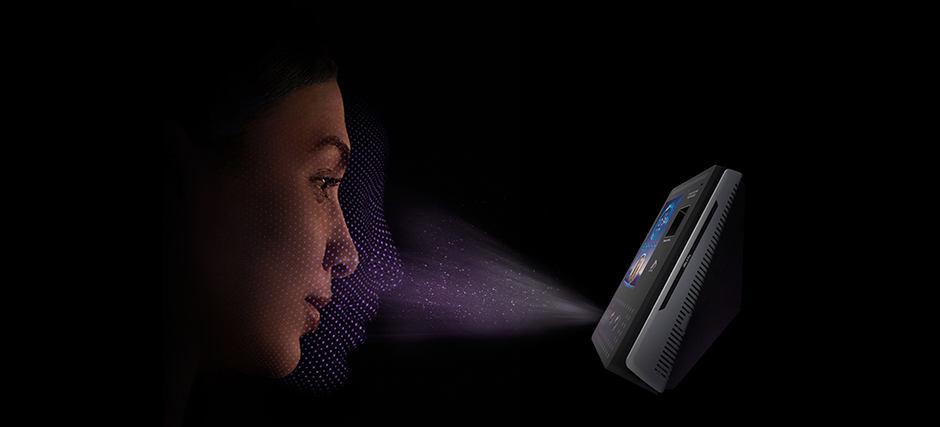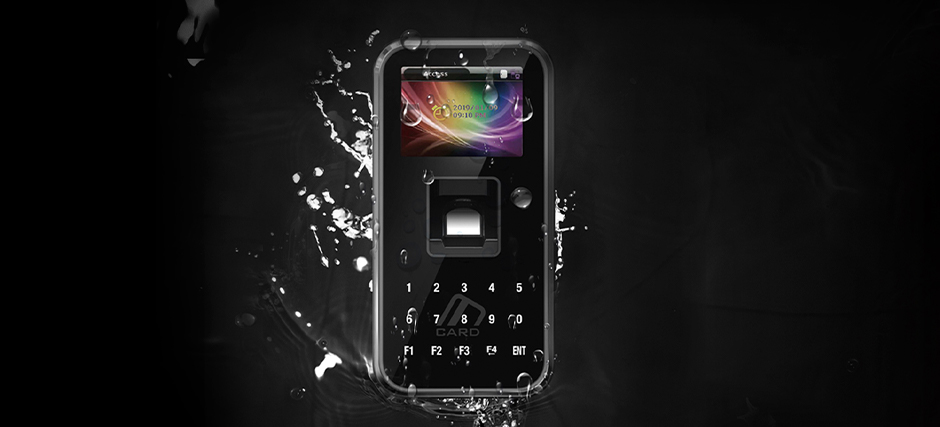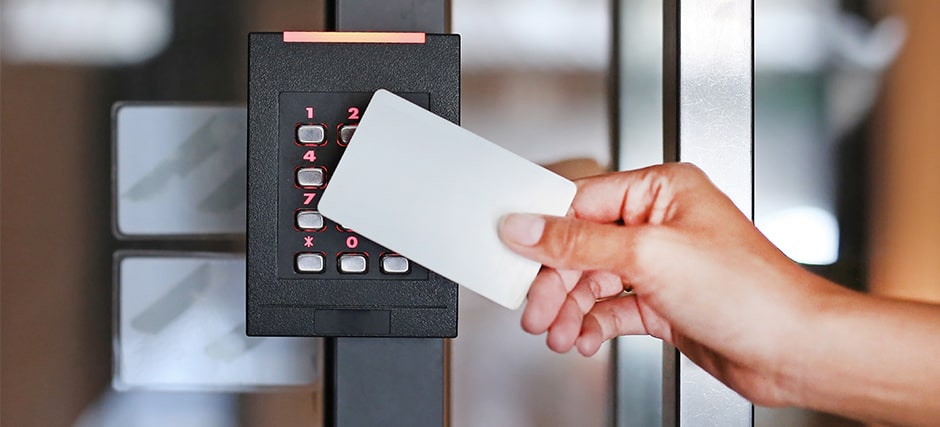How to Maintain Data Privacy in Access Control Systems
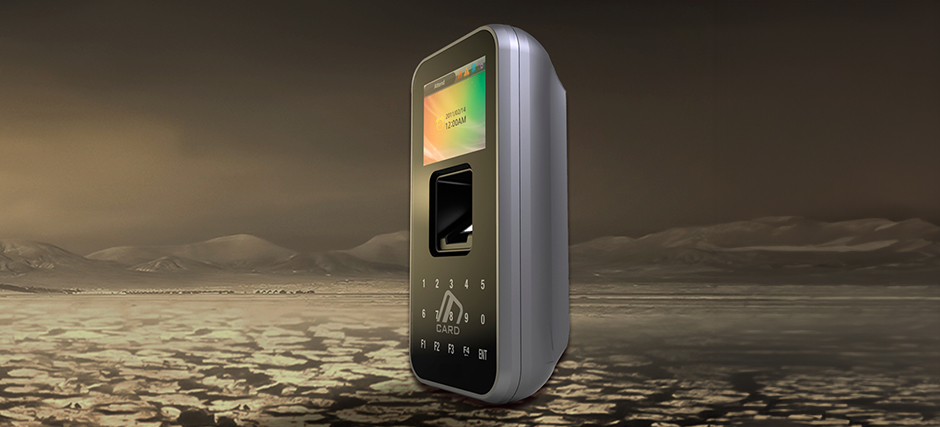
Access control systems are designed to regulate entry using keycards, biometric scanners, and accompanying software that manages permissions and monitors access. They enhance security and ensure that only authorised personnel can enter restricted zones or attain certain information. However, while these systems are integral to security, they also raise important concerns regarding confidentiality. As such, we’re here to share how you can maintain data privacy in access control systems to guarantee compliance with privacy laws and build trust among users.
Learn more: Why Every Home and Business Should Have Door Access Systems
Data Collection Minimisation
In any situation, the principle of collecting minimal information is key to reducing the risk of exposing sensitive data. Therefore, access control management systems are made to only store essential personal information required for their operation. For instance, rather than capturing detailed specifics, a system might only record access times and locations. This approach not only aligns with data protection regulations but also mitigates the impact in the event of a security incident, as there is less personal information at risk of misuse or unauthorised access.
Secure Data Storage and Transmission
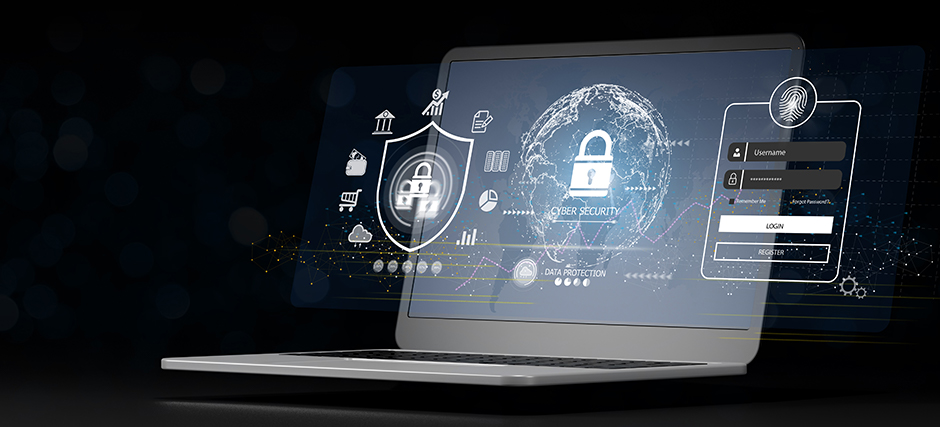
In our highly digitalised society, the term ‘encryption’ is more than just a buzzword; it is a vital tool in digital security that converts data into a secure format that can only be deciphered by authorised parties. Encrypting information both at rest and in transit safeguards against interception, unauthorised exposure or breaches. By implementing strong encryption protocols, access control systems enhance their ability to secure personal and access-related data, ensuring proper confidentiality throughout its lifecycle.
Compliance with Privacy Regulations
Global and regional privacy regulations such as the GDPR and CCPA play crucial roles in shaping data privacy and protection practices. Adhering to the regulations guarantees that access control systems manage personal data responsibly and legally. Compliance involves integrating strict protocols and procedures for data collection, storage and processing. This includes obtaining explicit consent from individuals, providing transparency about data use and aligning data handling practices with regulatory requirements. These stringent standards emphasise greater transparency, consent, and individual rights over their records while mitigating legal risks.
Regular Privacy Audits

Systematically evaluating and identifying potential risks maintains data privacy and ensures that all aspects of data handling adhere to the required standards. Here, regular privacy audits of access control management systems come in useful, pinpointing vulnerabilities, verifying compliance with regulations and assessing the effectiveness of current security measures. They also offer the opportunity to update and improve data protection protocols. Ideally, security audits should be conducted at least annually, but more frequent reviews — quarterly or biannually — may be necessary for highly sensitive environments or rapidly changing regulatory landscapes. In this way, organisations can stay proactive in safeguarding data and strengthening privacy practices.
User Access and Control
User access and control are fundamental to preserving data privacy in access control systems. Users should be allowed to gain entry to their data, understand how it is being used and exercise control over it. Providing mechanisms for them to update, delete or retrieve their information not only enhances transparency but also reinforces trust in the system’s privacy measures. When organisations demonstrate commitment to privacy, individuals gain greater confidence in how their data is handled and a more positive business-user relationship can be achieved.
Because access control management systems are so often associated with security, it’s easy to overlook the fact that they require ongoing vigilance to maintain their effectiveness. Once your system is in place, remember to continuously invest effort in protecting the data it handles to promote sustained security and prevent potential vulnerabilities.
Looking for a robust and reliable solution? Shop iDLink Systems’ quality access control systems today and elevate security like never before.
